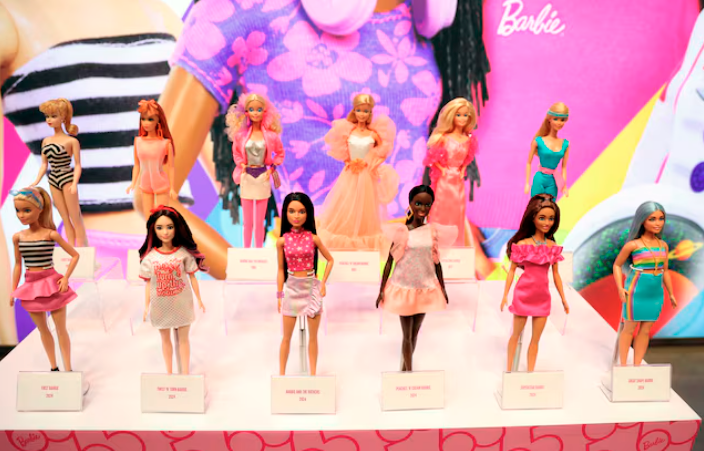BARBIE-MAKER Mattel withdrew its annual financial targets on Monday and said it would increase prices for some products in the U.S. to counter rising input costs due to the Trump administration's sweeping tariffs on key trading partners.
“Given the volatile macroeconomic environment and evolving U.S. tariff landscape, it is difficult to predict consumer spending and Mattel’s U.S. sales in the remainder of the year and holiday season,“ the toymaker said.
In a full-on trade war between the U.S. and China that has upended global supply chains, the world's two biggest economies have hiked levies on each other's goods to more than 100% since U.S. President Donald Trump took office earlier this year.
“There’s no question that the tariffs are creating disruption in the industry. Many companies have stopped production and shipping to the U.S. as a result of tariffs from China. We do support the Toy Association’s advocacy for zero tariffs on toys,“ Mattel CEO Ynon Kreiz told Reuters.
The U.S. represents about half of Mattel's global toy sales, and the company imports about 20% of its goods sold in the country from China.
“The toymaker is squarely in the crosshairs of Trump’s tariff war,“ said Zak Stambor, senior analyst at Emarketer.
Mattel's shares were down about 2% in extended trading. They have fallen about 8% so far this year.
The company said it would accelerate plans to move production out of China and temper promotions to save costs. It increased costs-savings target for the year to $80 million from $60 million.
Apart from China, Mattel imports products such as Barbie dolls and Hot Wheels toys from Indonesia, Malaysia and Thailand, which were also hit by reciprocal tariffs from the Trump administration in early April before being paused for 90 days.
The company had earlier targeted 2025 adjusted earnings per share between $1.66 and $1.72 and annual net sales growth of 2% to 3%.
In contrast, peer Hasbro, which sources about half of its toys and games sold in the U.S. from China, maintained its annual forecasts in April, helped by strength in its gaming segment.
Mattel's first-quarter net sales of $827 million beat analysts' average estimate of $786 million, according to data compiled by LSEG. It also posted a smaller-than-estimated adjusted loss per share of 3 cents.
The company bought back shares worth $160 million during the quarter ended March 31 and maintained its $600 million repurchase target for 2025.









